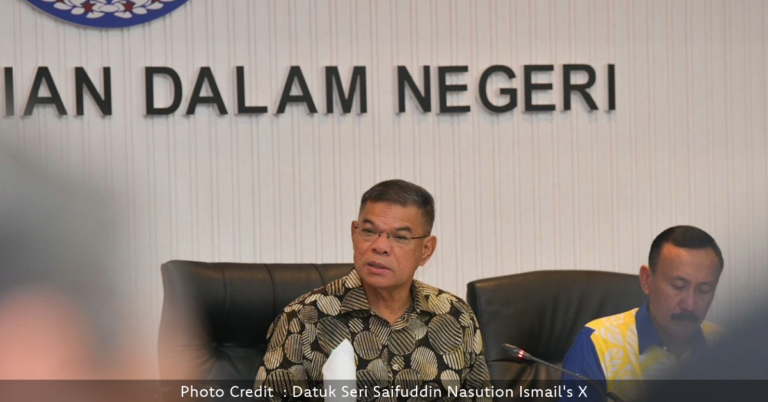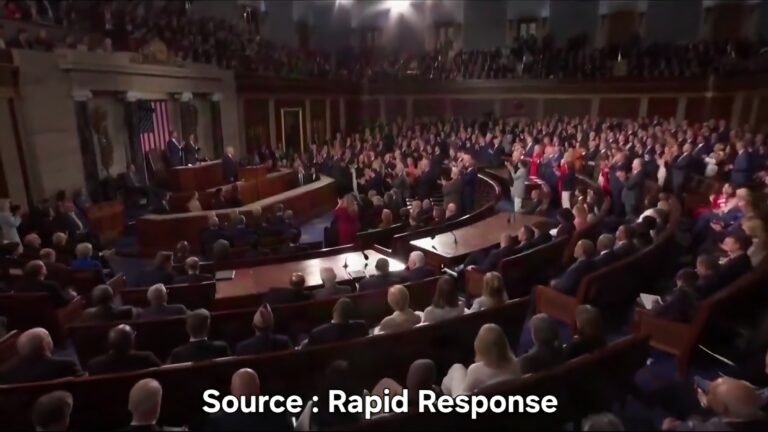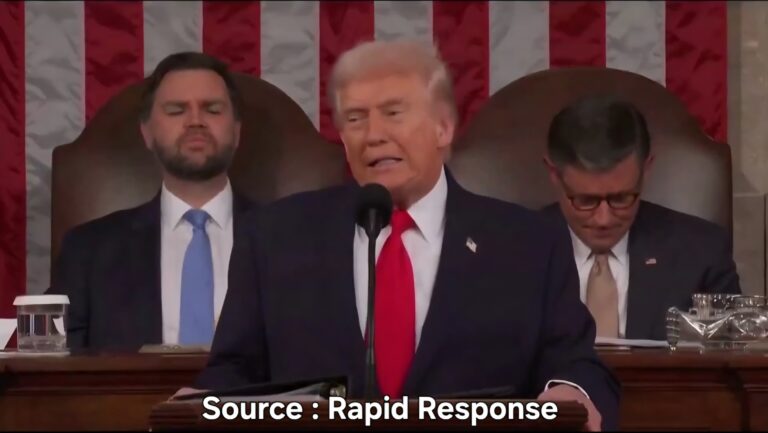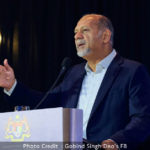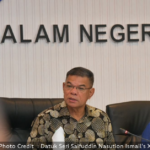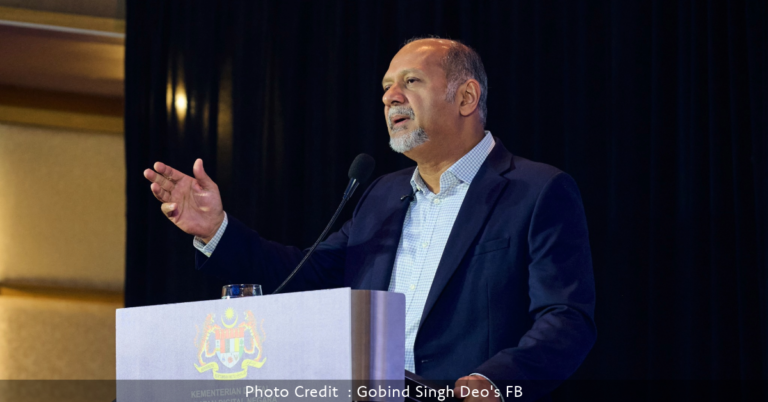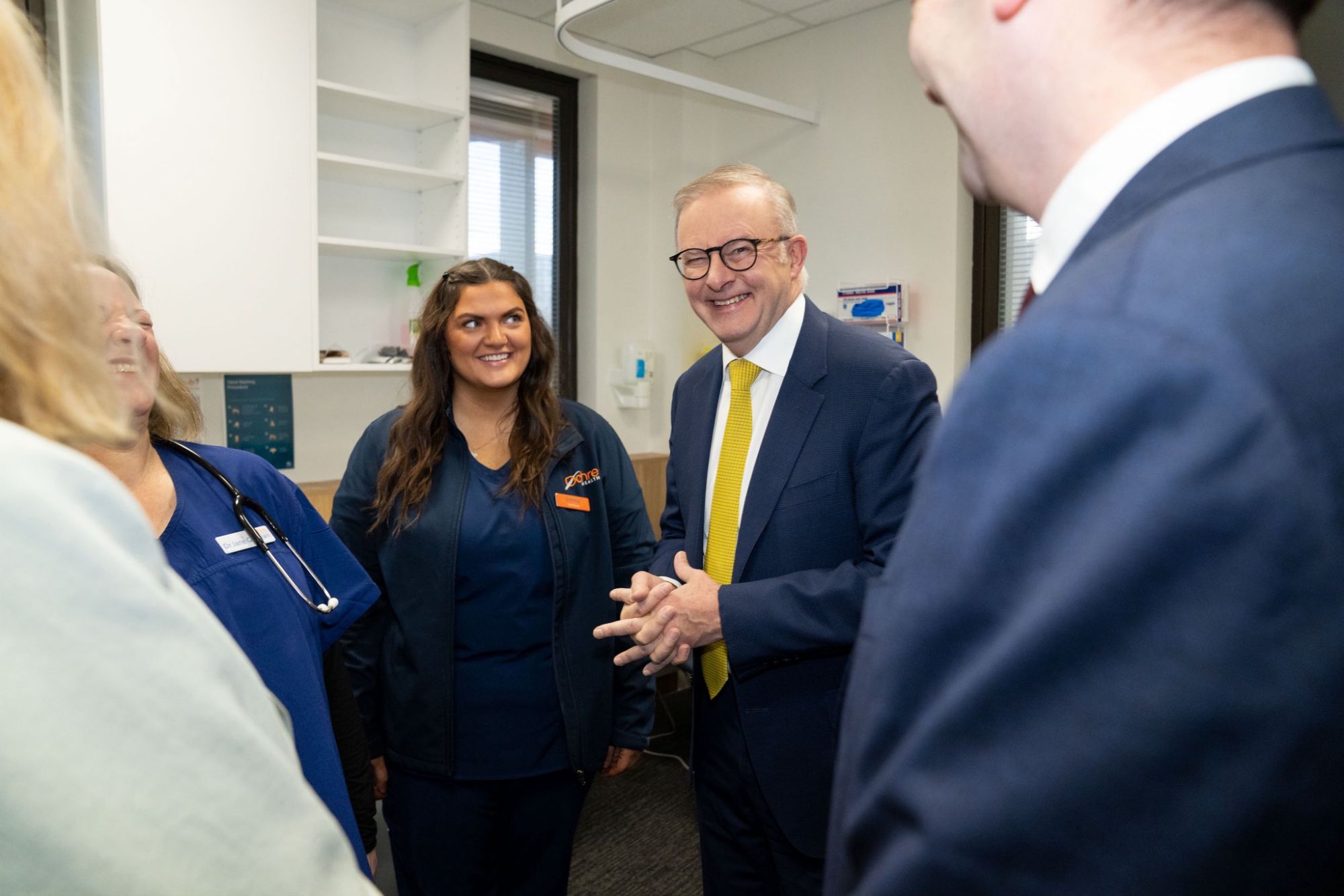
HOBART , Australia – July 8, 2025, Prime Minister Anthony Albanese has announced a significant expansion of Australia’s healthcare network, unveiling plans to open 50 new Medicare Urgent Care Clinics with a $644 million investment. The announcement, made during a visit to Hobart on Tuesday, builds on the 87 clinics already established since 2022, aiming to bring free, bulk-billed care closer to home for millions of Australians.

The new clinics, set to open during the 2025-26 financial year, will extend coverage so that 80% of the population lives within a 20-minute drive of a facility, according to analysis by the Department of Health and Aged Care. Offering extended hours and no-appointment-needed services for urgent but non-life-threatening conditions, the initiative has already treated over 1.2 million Australians at existing sites. Albanese highlighted the clinics’ popularity, noting that one-third of patients are under 15, making them a lifeline for families.
The move has garnered strong support from the medical community, with a recent survey revealing that 70% of Australian GPs back the program, and 80% believe it eases pressure on overcrowded emergency departments. During the Hobart visit, Albanese was pictured engaging with local healthcare workers, underscoring the government’s commitment to accessible care. “This is about getting people seen sooner, without the stress or cost,” he said, flanked by staff in a newly renovated clinic space.
However, the announcement has sparked heated debate on X and beyond. Opposition Leader Peter Dutton has vowed to shut down all Medicare Urgent Care Clinics if elected, arguing they represent wasteful spending and would force patients back to hospital emergency rooms. Critics, including several users on the platform, have tied the expansion to immigration pressures, with @AussieVal10 tweeting, “It won’t help if hospitals are overwhelmed by third-worlders.” Others, like @LaurynBahen, questioned the “free” label, pointing out that taxpayer-funded Medicare levies ultimately foot the bill, with “GENERALLY” bulk-billed care leaving room for out-of-pocket costs.
The government counters that the clinics are a strategic response to declining GP bulk-billing and long emergency wait times, a challenge exacerbated by Australia’s growing population. Data from the Australian Institute of Health and Welfare suggests immigrants generally have a healthier risk factor profile than the Australian-born, yet the influx of new residents has intensified calls for robust healthcare infrastructure. With locations and providers to be determined through competitive tenders by Primary Health Networks, the Albanese Labor Government frames the expansion as a cornerstone of its healthcare agenda.
As the policy rollout continues, the political and public divide grows, with supporters praising the initiative’s reach and detractors questioning its sustainability. “This is a step forward, but only if it keeps up with demand,” posted @NicFromOz, reflecting the cautious optimism surrounding the plan.





